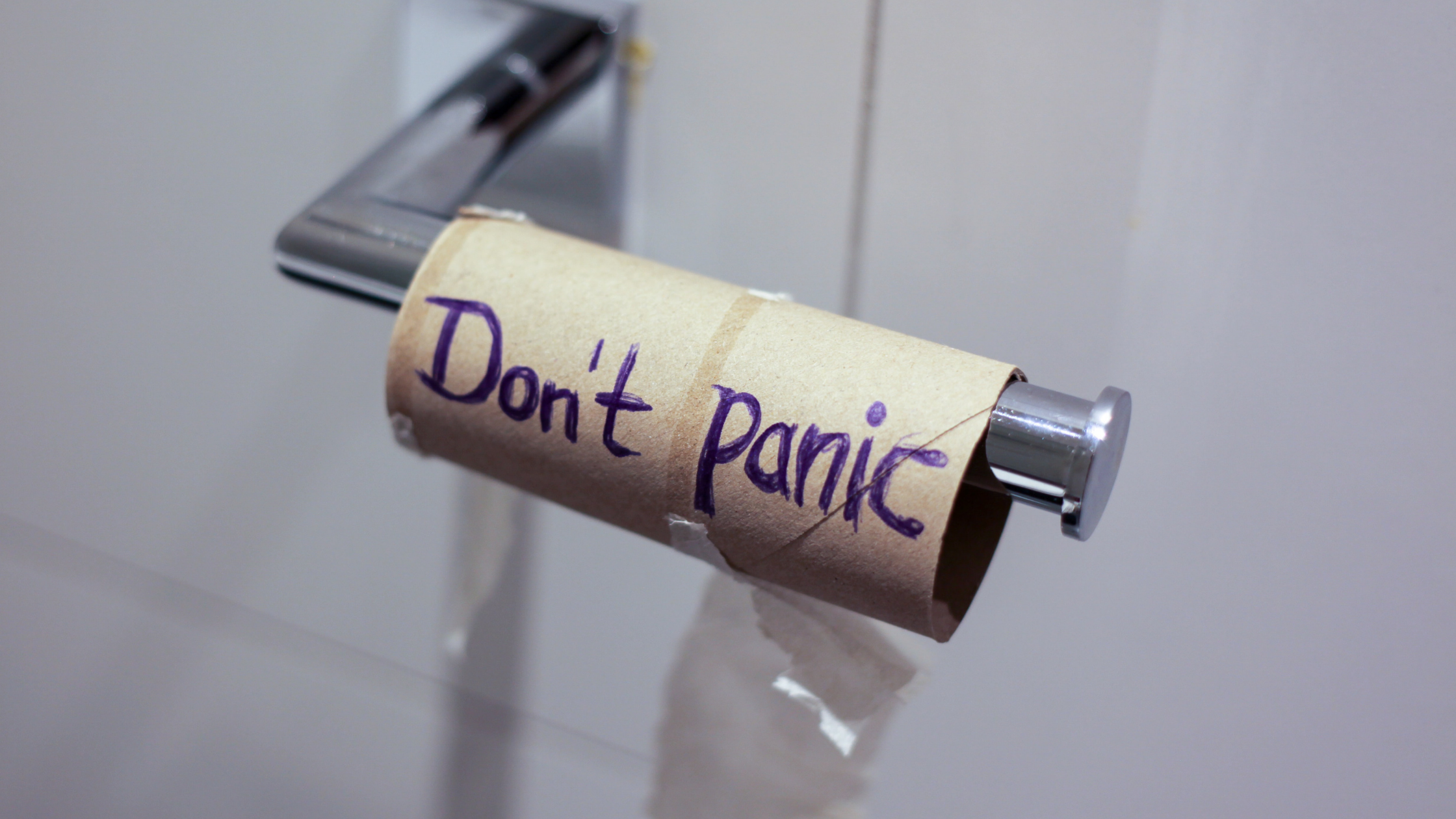When I was researching for this post, I found an article somewhere that said, “budgeting is not for everyone”. HAHAHAHAHAHAhahahahhahahaha. No. So let me get on the record right now and say: budgeting IS for everyone. And sometimes, you might not feel like your budget is working for you the way you’d hope it would. At that point, it might be worth it to look into how to budget better.
Why do you want to budget better?
First and foremost, you’re going to want to evaluate why you want to make a change in your budgeting habits. Are you running out of grocery money before the end of the month? Did you review your retirement savings and realize that you need to make a change in order to retire before you’re 140? Are you just tired of being stressed about money?
All of those are completely valid reasons to want to adjust or improve your budget. So here are my 6 tips to budget better.
Tip #1: Track your budget and learn what’s realistic
This goes out to those of you who are running out of grocery money on the 18th of every month. Try taking a couple months and just track what you’re spending on things. That’s the beginning of your realistic budget. From there, you can pick focus areas for adjustment. I talk about this in detail in this post.
But if you’re already being realistic with your budget – you have a tight rein on your spending, and you just don’t have any left over at the end of the month, give yourself a break! Money is a tool to be used in your life, so don’t give yourself a hard time if you’re using it. At a certain point, you’re going to have to be content with your budget. Don’t try and over-optimize yourself!
Tip #2: Do less with your budget
Realistically, your brain can only keep track of a handful of priorities at a time. So if you’re trying to limit your social spending, your clothing budget, get the best deals on groceries, build your emergency fund, save for a vacation, AND set aside money for Christmas…you might be trying too much at once.
I’d recommend picking 1-3 things to focus on each month. At the end of the month, review those focus areas, see what worked and what didn’t, and adjust for the next month. Over time, you’ll get to all the focus areas you can think of, don’t worry. Just be slow and steady.
Tip #3: Have SMART goals
I talk about this one in detail over on this post, but your financial goals should be well-defined. “Save more” is not a goal that you’ll ever achieve. It will put you on a treadmill of guilt about your money. “Build my emergency fund to 3 months’ expenses” has a finish line. At some point, you can cross it off your list and get on with your life.
Ultimately, your financial goals should be working toward funding the life you want to live. Try and keep that mindset as you evaluate your budget.
Tip #4: Be consistent
Put a recurring budget meeting on your calendar. When I first started getting a handle on my financial life, I reviewed my finances every other week (aka whenever I got paid). But once I had an idea of what I wanted to spend in a month and was working on making that ideal budget a reality, I could reduce those meetings to monthly.
No matter how often you do it, it’s important to be consistent about it. Sporadic check-ins won’t get you anywhere. If you really want to get a handle on your financial life, you need to make it a priority for yourself. So resolve to make time for it!
Tip #5: Automate as much as you can
I have a confession: I only automated my credit card bill payment two months ago. Do you know how many late fees I paid because I forgot to pay? I always had the money, but my financial meetings didn’t line up with my statement dates and… well, that’s all fixed now.
The fewer manual bill payments you have to do, the less time you’ll spend on routine financial chores and the more time you’ll have to focus on more fun financial goals. Plus, it’s a great incentive to keep your bank account from dipping below a certain amount!
Tip #6: Give yourself a break
If you’re already doing all this and you’re still left wondering how you can do better., go back to “learn what’s realistic”. Like I said before, we have to spend money. So don’t get down on yourself if you’re using money as the tool that it is.
And if you still can’t save, evaluate your income. It’s a weird time to be talking about finances, given the global pandemic that has decimated a bunch of industries. But the fact is, your personal balance sheet improves with increased income as well as decreased liabilities (bills, spending, etc). So if you’re struggling to hit your financial goals, you might consider figuring out an additional stream of income.
Well, those are my 6 tips for how to budget better. Remember: everyone has a budget! Some people just spend more time thinking about theirs.




